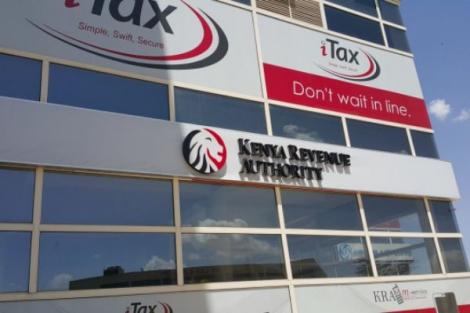The High Court has thrown out a case in which the Kenya Revenue Authority (KRA) sought to collect Sh900 million from soft drinks manufacturer Coca-Cola.
Justice Chacha Mwita upheld the decision of the Tax Appeals Tribunal to block the KRA from demanding the tax from Coca-Cola Central East and West Africa Limited.
The dispute involved VAT input refund on export services related to marketing and promotion of the Coca-Cola brands in Kenya through vernacular media stations and roadshows.
The judge upheld the tribunal’s finding that the beverages maker paid the disputed VAT in the USA following the service agreement between Coca-Cola Africa and Coca-Cola Export.
The Coca-Cola Export, which was based in the USA, commissioned the agreement with Coca-Cola Africa based in Kenya to promote through advertising, Coca-Cola brands to local potential customers.
“I, therefore, agree with the Tax Appeals Tribunal that in accordance with the destination principle, this was an export service and the USA had the taxing rights,” said Justice Mwita.
The dispute started after Coca-Cola Africa applied for a refund of input VAT in 2017 for Sh903,182,037.
Destination principle
The Commissioner of Domestic Taxes audited Coca-Cola Africa’s VAT returns for April 2014 to June 2016, a period during which Coca-Cola Africa had undertaken customised advertising in Kenyan local dialects through the media, roadshows, and brand activation.
The Commissioner issued preliminary findings disallowing Sh725,082,158 from the claim for input VAT due to undeclared output tax on locally consumed services and local sales.
Coca-Cola Africa explained the services supplied to Coca-Cola Export were exported services and thus exempted from VAT.
However, the Commissioner confirmed its findings in an assessment dated June 15, 2017, and upheld his decision that the marketing and promotion services attracted VAT at the general rate of 16 percent and that his assessment was final.
But Coca-Cola Africa objected, setting the stage for the legal dispute that went to the tribunal after the parties failed to resolve the issues in a technical forum.
Mr Van Der Part, a witness for Coca-Cola Africa, pointed out that charging VAT on business-to-business marketing services would result in double taxation.
For his part, the Commissioner argued that although the marketing and promotion services were provided to Coca-Cola Export, a foreign company, the service was consumed in Kenya and was, therefore, subject to VAT.
In his judgment, Justice Mwita said that consumers in Kenya were not receiving any service from Coca-Cola Africa in the course of marketing.
“Consumption, if any, would come in only after Coca-Cola Export decided what to do with the brands that had been marketed and promoted, or if the brands were offered for sale usually on a future date,” said the judge.
He also upheld the tribunal’s finding that although marketing and promotion took place in Kenya, there was no proof that every Kenyan who saw the adverts purchased a beverage.
According to the tribunal, the test was where the consumer was located, and agreed with Coca-Cola Africa, that the public in Kenya was the target audience of the advertising and promotion services. But the benefit accrued to Coca-Cola Export for purposes of enhancing the business of sales.



